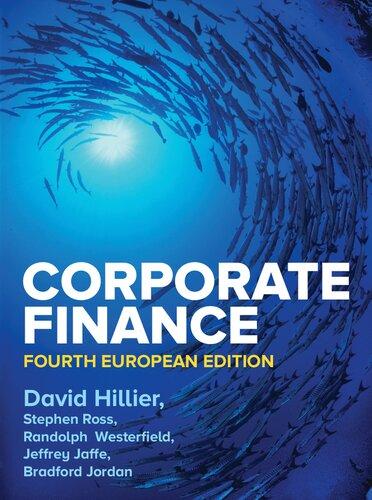4 Many of the employees of West Coast Yachts have shares of equity in the company because...
Question:
4 Many of the employees of West Coast Yachts have shares of equity in the company because of an existing employee stock purchase plan. To sell the equity, the employees can tender their shares to be sold in the IPO at the offering price, or they can retain their equity and sell it in the secondary market after West Coast Yachts goes public (once the 180-day lock-up expires). Larissa asks you to advise the employees about which option is best. What would you suggest to them?
Larissa Warren and Dan Ervin have been discussing the future of West Coast Yachts. The company has been experiencing fast growth, and the future looks like clear sailing. However, the fast growth means that the company’s growth can no longer be funded by internal sources, so Larissa and Dan have decided the time is right to take the company public. To this end, they have entered into discussions with the bank of Crowe & Mallard. The company has a working relationship with Robin Perry, the underwriter who assisted with the company’s previous bond offering. Crowe & Mallard have helped numerous small companies in the IPO process, so Larissa and Dan feel confident with this choice.
Robin begins by telling Larissa and Dan about the process. Although Crowe & Mallard charged an underwriter fee of 4 per cent on the bond offering, the underwriter fee is 7 per cent on all initial equity offerings of the size of West Coast Yachts’ initial offering. Robin tells Larissa and Dan that the company can expect to pay about £1,200,000 in legal fees and expenses, £12,000 in registration fees, and £15,000 in other filing fees. Additionally, to be listed on the London Stock Exchange, the company must pay £100,000. There are also transfer agent fees of £6,500 and engraving expenses of £450,000. The company should also expect to pay £75,000 for other expenses associated with the IPO.
Finally, Robin tells Larissa and Dan that, to file with the London Stock Exchange, the company must provide three years’ worth of audited financial statements. She is unsure of the costs of the audit. Dan tells Robin that the company provides audited financial statements as part of its bond indenture, and the company pays £300,000 per year for the outside auditor.
Step by Step Answer:






